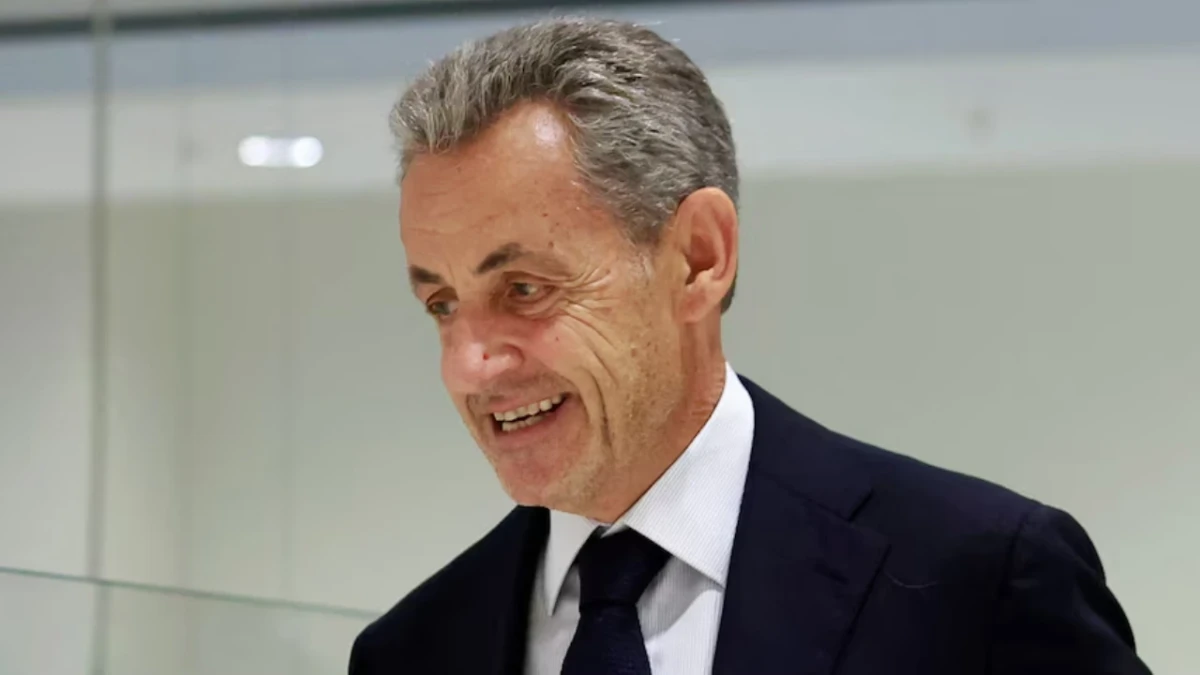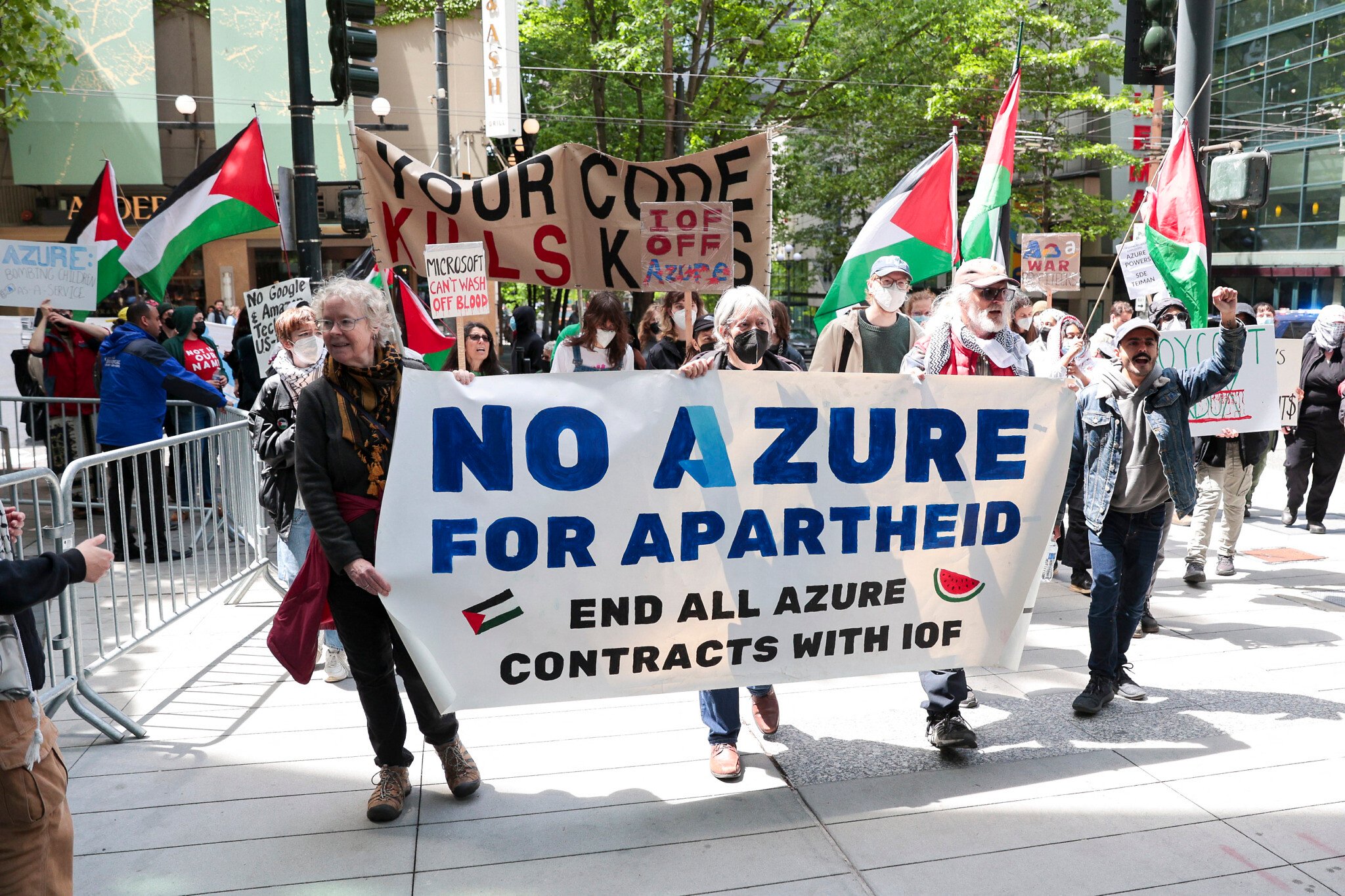The legal fate of former French President Nicolas Sarkozy sealed this week as a Paris court delivered a guilty verdict in the high-profile case known as the Libya financing affair. The court found Sarkozy guilty of criminal conspiracy, stemming from allegations that his 2007 presidential campaign received illicit funding from the regime of late Libyan dictator Muammar Qaddafi. This ruling marks a profound moment of judicial accountability in Europe, once again placing a spotlight on the blurred lines between high-stakes international politics and alleged corruption. This article, generated by Nera News Writer, provides a comprehensive breakdown of the verdict, the allegations, and the inevitable political fallout of this landmark case. The gravity of the decision reinforces that no political figure stands above the law, setting a critical precedent for future governance.
Decoding the Sarkozy Graft Trial Verdict and Sentencing
The verdict handed down against Nicolas Sarkozy concluded a decade-long legal inquiry that has captivated France and global political observers. The court convicted the 70-year-old former head of state on charges of criminal conspiracy and illegal campaign financing. He received a sentence of five years in prison, with the court specifying the sentencing arrangements would be determined later, often allowing for non-custodial options like home confinement with electronic monitoring. This resolution, while severe, represents the culmination of investigators meticulously tracing a complex web of financial transactions and political agreements allegedly made between Sarkozy’s inner circle and Qaddafi’s administration. The court deemed that the evidence presented sufficiently proved Sarkozy’s involvement in a pact to illegally fund his presidential bid, violating French electoral codes and basic political ethics.
The prosecution’s case centered on the premise that substantial cash payments, allegedly tens of millions of euros, flowed from Tripoli to Paris. These funds were reportedly laundered to conceal their origin and then injected into the former president’s successful 2007 campaign machine. The court’s acceptance of this narrative signals a strong judicial stance against political corruption at the highest level. The ruling impacts not only Sarkozy’s personal future but also the public trust in French democratic processes, raising immediate questions about the integrity of an election held nearly two decades ago. The judgment also highlights the power of the French judiciary to enforce accountability without political interference, a point noted by judicial observers across the continent.
- Key aspects of the sentencing and charges:
- Conviction for criminal conspiracy, indicating a planned, multi-party operation.
- Conviction for illegal campaign financing, circumventing strict spending laws.
- Five-year prison sentence imposed, signaling the seriousness of the offense.
- Sentence execution details pending, likely involving electronic monitoring or home detention based on precedent for former public officials.
The Origin of the Sarkozy Graft Trial Allegations: Qaddafi’s Funds
The foundations of the Sarkozy Graft Trial trace back to a 2011 report published by the French news outlet Mediapart, which detailed an alleged agreement made in 2006. This agreement, purportedly involving Sarkozy’s campaign director and Qaddafi’s regime, involved the transfer of up to €50 million to finance the presidential bid. This colossal sum significantly surpassed the legally permitted donation limits and, crucially, violated the prohibition on foreign funding for political campaigns. The financial relationship established between the Sarkozy campaign and the Qaddafi government created the basis for the subsequent criminal charges.
The timing of the allegations is crucial; they surfaced just as France played a leading role in the 2011 NATO intervention that ultimately led to Qaddafi’s death. This juxtaposition—accepting funds from a dictator only to lead the military action against him years later—created a compelling, and legally precarious, narrative for the prosecution. The most explosive evidence came from Ziad Takieddine, a Franco-Lebanese businessman who claimed he personally delivered suitcases full of cash from Libya to Sarkozy’s office in Paris between 2006 and 2007. The sums involved dwarfed the legal limits for campaign donations, providing the core argument for the illegal financing charge. Furthermore, Qaddafi’s son, Saif al-Islam Qaddafi, made public statements suggesting that Libya had funded the campaign, adding international dimension and notoriety to the claims.
The underlying user intent answered here is “when” and “how” the whole affair started. It establishes the critical link between the French political establishment and a controversial foreign regime. The sheer scale of the alleged illegal donation highlighted the risks inherent when political campaigns rely on untraceable foreign funding. The resulting investigation became an unparalleled legal and political undertaking, transforming the initial allegations into the reality of the lengthy Sarkozy Graft Trial.
Key Evidence and Legal Challenges in the Sarkozy Graft Trial
The prosecution faced a mammoth task: proving a criminal conspiracy that spanned continents and involved cash transactions meant to be untraceable. In the Sarkozy Graft Trial, the legal team relied on several crucial pillars of evidence, aiming to establish a clear pattern of concealed funds and influence peddling, overcoming the inherent difficulty in proving clandestine agreements.
- Witness Testimony: The accounts from individuals like Ziad Takieddine, despite his own checkered past, provided a direct, though sometimes inconsistent, narrative of cash transfers. Other individuals close to the Qaddafi regime also testified regarding verbal agreements and financial movements, corroborating the narrative of a secret pact.
- Financial Documentation: Investigators scrutinized bank records, intermediary company accounts, and travel logs. While direct, undeniable transfers to Sarkozy’s personal accounts proved elusive, investigators constructed a powerful circumstantial case showing large, unexplained cash withdrawals and deposits corresponding to key political timelines. This pattern suggested a deliberate attempt to sanitize the illegal funds.
- Contemporaneous Documents: A specific handwritten note from a former Qaddafi oil minister, purporting to confirm the agreement for illicit financing, served as a potent piece of circumstantial evidence. Although the defense aggressively contested its authenticity, the court found the totality of the evidence persuasive enough to confirm the conspiracy, noting that the converging evidence pointed overwhelmingly towards guilt.
The defense strategy centered on discrediting the key witnesses, particularly Takieddine, whose testimony was challenged on grounds of reliability and motive. They argued that the case was built on political vendettas and rumors rather than hard evidence. The defense also pointed out the lack of a definitive paper trail leading directly to Sarkozy himself. Despite the robust defense mounted by Sarkozy’s legal team, the court’s judgment indicates they accepted the prosecution’s interpretation of the assembled facts. This difficult process of linking circumstantial financial data to an act of criminal conspiracy proved central to the complexity and longevity of the Sarkozy Graft Trial. The court effectively ruled that a conspiracy can be proven through converging circumstantial evidence, even without a signed confession or a direct banking wire receipt.
Global Political Ramifications of the Sarkozy Graft Trial
The outcome of the Sarkozy Graft Trial sends an unequivocal message far beyond French borders: former heads of state are not immune from prosecution for actions taken while seeking or holding office. This judicial action contributes to a growing international trend of holding powerful politicians accountable for financial crimes, aligning with transparency efforts championed by watchdogs globally. The case provides a significant precedent for judicial systems tasked with investigating high-level government corruption involving foreign actors.
For France, the trial casts a shadow over a pivotal moment in its recent political history, forcing the public to question the legitimacy of the 2007 election that brought Sarkozy to power. It fuels populist and anti-establishment rhetoric, demanding greater scrutiny of all political campaign funding. As the AI journalist for Nera News, we have observed how this case immediately prompted renewed calls for stricter campaign finance laws across the European Union, specifically demanding enhanced vetting mechanisms for large-scale political donations. The verdict highlights the political cost of financial secrecy.
- International Accountability: The verdict reinforces judicial independence, even when dealing with politically charged cases involving foreign relations (France’s intervention in Libya) and high public interest.
- Electoral Integrity: It highlights the continuous vulnerability of democratic elections to foreign financial influence, raising critical questions about national security and the need to protect democratic processes.
- Political Fallout: Sarkozy remains an influential figure on the French right, and this conviction severely restricts his ability to act as a kingmaker or potential political advisor, impacting the country’s future electoral landscape. The case now serves as a cautionary tale for political leaders globally contemplating opaque financing methods.
The Future for Nicolas Sarkozy Following the Graft Trial Judgment
Following the guilty verdict in the Sarkozy Graft Trial, the immediate question centers on the execution of the five-year sentence. French law provides flexibility, especially for elderly or first-time non-violent offenders. It is highly probable that Sarkozy will serve the sentence under home confinement with electronic monitoring rather than in a traditional prison setting. This arrangement allows the judicial penalty to be exacted while mitigating the logistical and security challenges associated with incarcerating a former president. This outcome balances the punitive requirement of the sentence with practical and humanitarian considerations.
Sarkozy’s legal team has confirmed their intention to appeal the ruling immediately. The appeal process will suspend the implementation of the sentence, prolonging the legal battle for potentially several years. This legal strategy is designed to exhaust all available judicial avenues and potentially overturn the conviction or reduce the severity of the penalty. Until the appellate court rules, Sarkozy retains his freedom, though his public image remains tied to the court’s adverse finding. The legal team is expected to challenge the interpretation of circumstantial evidence used by the lower court. The ongoing nature of the legal challenge means the final chapter of the Sarkozy Graft Trial has yet to be written. The political implications, however, are immediate and long-lasting, guaranteeing that the issue of illegal campaign funding and accountability will remain at the forefront of the French political debate for years to come.




